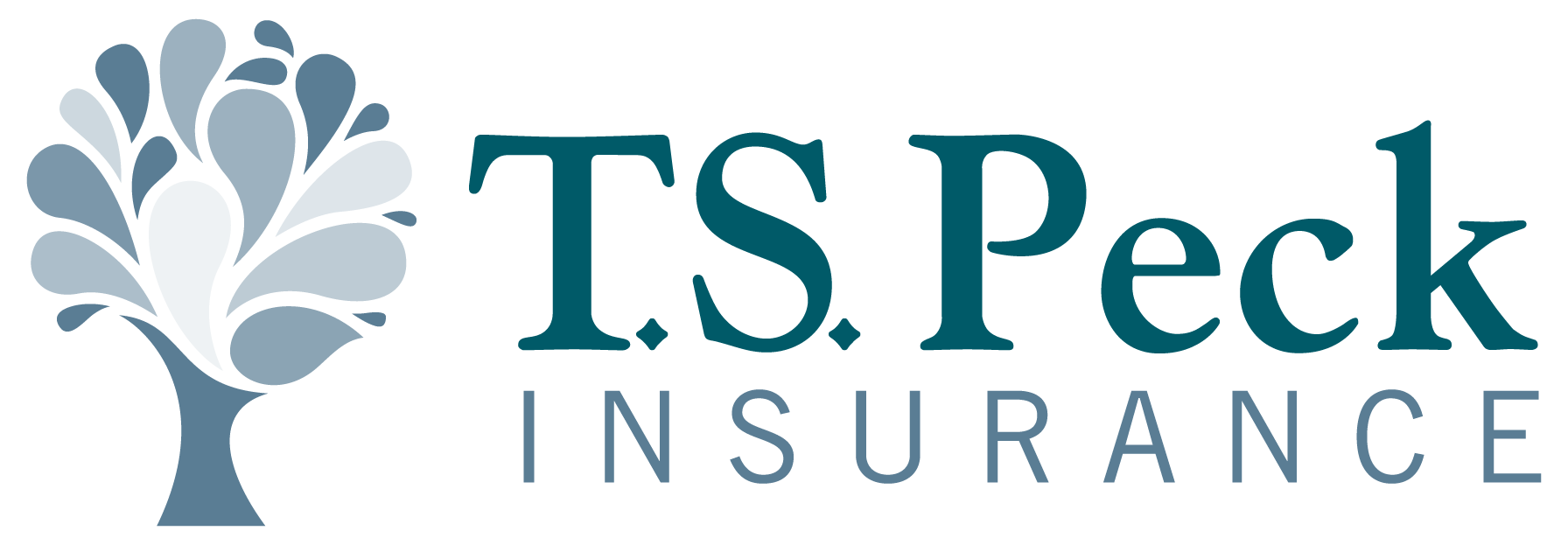As a contractor, you’re no stranger to the inherent risks that come with your profession. Whether you’re working on residential renovations, commercial construction, or specialized projects, unforeseen accidents and liabilities can occur. This is where contractors insurance becomes crucial. It serves as a safety net, protecting you, your business, and your clients from potential financial pitfalls. Here’s a comprehensive guide to understanding contractors insurance and why it’s indispensable for your business.

Contractors Insurance 101: Everything You Need To Know
Understanding Contractors Insurance
Contractors insurance is a broad term encompassing various types of coverage designed to protect contractors from different risks associated with their work. Here are some of the key components:
General Liability Insurance
General liability insurance is the cornerstone of contractors insurance. It covers third-party claims of bodily injury, property damage, and advertising injury. For instance, if a client trips over your equipment and gets injured, or if you accidentally damage a client’s property while on the job, general liability insurance will cover the costs associated with these incidents.
Workers’ Compensation Insurance
Workers’ compensation insurance is mandatory in most states for businesses with employees. It covers medical expenses, lost wages, and rehabilitation costs for employees who get injured or fall ill due to work-related activities. This type of insurance not only ensures that your employees are taken care of but also protects your business from potential lawsuits related to workplace injuries.
Professional Liability Insurance
Also known as errors and omissions insurance, professional liability insurance covers legal costs and damages if a client claims that you provided inadequate or negligent services. For example, if a project doesn’t meet the agreed-upon specifications and the client sues for breach of contract, professional liability insurance can help cover your defense costs and any settlement or judgment.
Commercial Auto Insurance
If you use vehicles for your business operations, commercial auto insurance is essential. It covers accidents involving your business vehicles, including property damage, bodily injury, and collision coverage. This type of insurance is crucial for contractors who frequently transport tools, equipment, and materials.
Builder’s Risk Insurance
Builder’s risk insurance, also known as course of construction insurance, covers buildings under construction and materials on-site, in transit, or stored elsewhere. It protects against losses due to fire, theft, vandalism, and certain weather events. This insurance is vital for contractors working on new construction projects or significant renovations.
Equipment and Tools Insurance
This type of insurance provides coverage for the tools and equipment you use in your contracting business. Whether it’s stolen from a job site or damaged in an accident, equipment and tools insurance helps cover the repair or replacement costs, ensuring that your work can continue with minimal disruption.
Surety Bonds
Surety bonds are not technically insurance but are often included in the discussion. They provide a guarantee that you will fulfill your contractual obligations. If you fail to complete a project as agreed, the client can file a claim against the bond to recover financial losses. Surety bonds enhance your credibility and are often required for public projects.
Why You Need Contractors Insurance
The importance of contractors insurance cannot be overstated. Here are some compelling reasons to secure adequate coverage:
Protection Against Financial Losses
Accidents and mistakes can happen despite the best precautions. Contractors insurance helps mitigate the financial impact of these incidents. Without insurance, you could be personally liable for substantial costs, which could jeopardize your business and personal assets.
Legal Requirements
Many states and local jurisdictions require contractors to have certain types of insurance to operate legally. For instance, workers’ compensation and general liability insurance are commonly mandated. Additionally, clients, especially in commercial and government sectors, often require proof of insurance before awarding contracts.
Client Assurance
Having the right insurance demonstrates professionalism and reliability. Clients are more likely to trust and hire contractors who are adequately insured because it shows that you are prepared for unforeseen circumstances and are committed to fulfilling your contractual obligations.
Business Continuity
In the event of a significant loss, such as a fire at a job site or a major theft of equipment, contractors insurance helps ensure that your business can recover and continue operations. This continuity is crucial for maintaining your reputation and client relationships.
Choosing the Right Coverage
Selecting the right insurance coverage involves assessing the specific risks associated with your contracting business. Consider the following steps:
- Evaluate Your Risks: Identify the potential risks in your line of work. This could include workplace injuries, property damage, or professional errors.
- Consult an Insurance Professional: Work with an insurance agent or broker who specializes in contractors insurance. They can help tailor a policy that fits your needs and budget.
- Review and Update Regularly: As your business grows and evolves, so do your insurance needs. Regularly review your coverage to ensure it remains adequate and relevant.
Conclusion
Contractors insurance is more than a legal obligation; it’s a crucial element for any thriving contracting business. It offers peace of mind, financial protection, and bolsters your credibility, enabling you to concentrate on delivering top-notch work to your clients. Our agents are well-versed in the different types of coverage and can assist you in selecting the ideal policy. To protect your business effectively, reach out to the local insurance experts at T.S. Peck today for a customized policy designed to help your business prosper.

